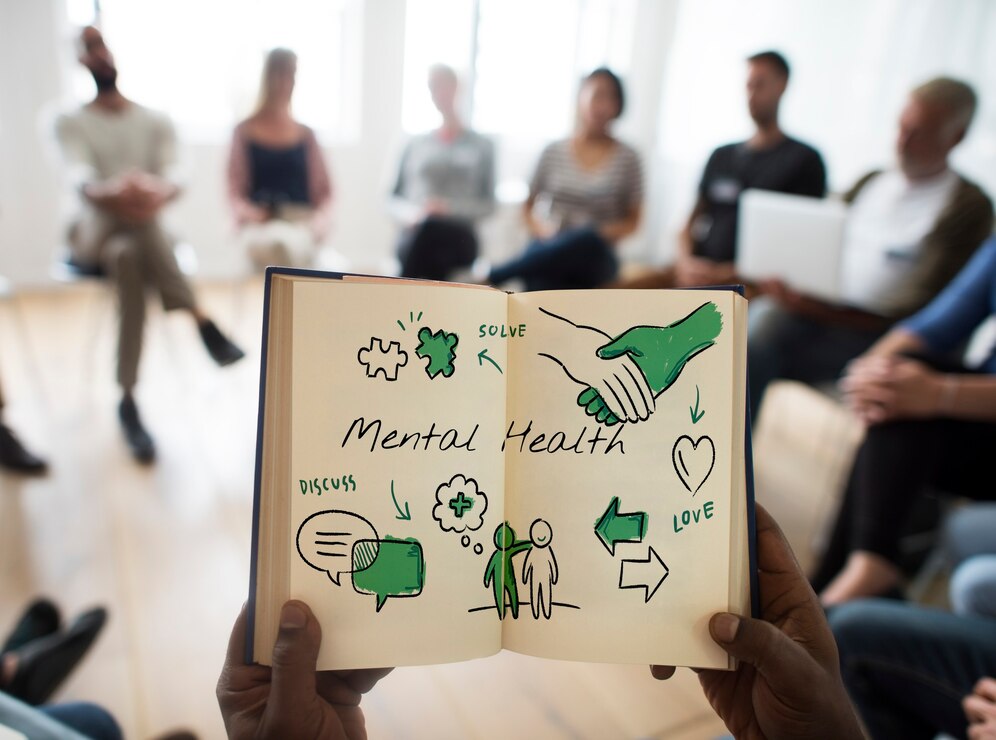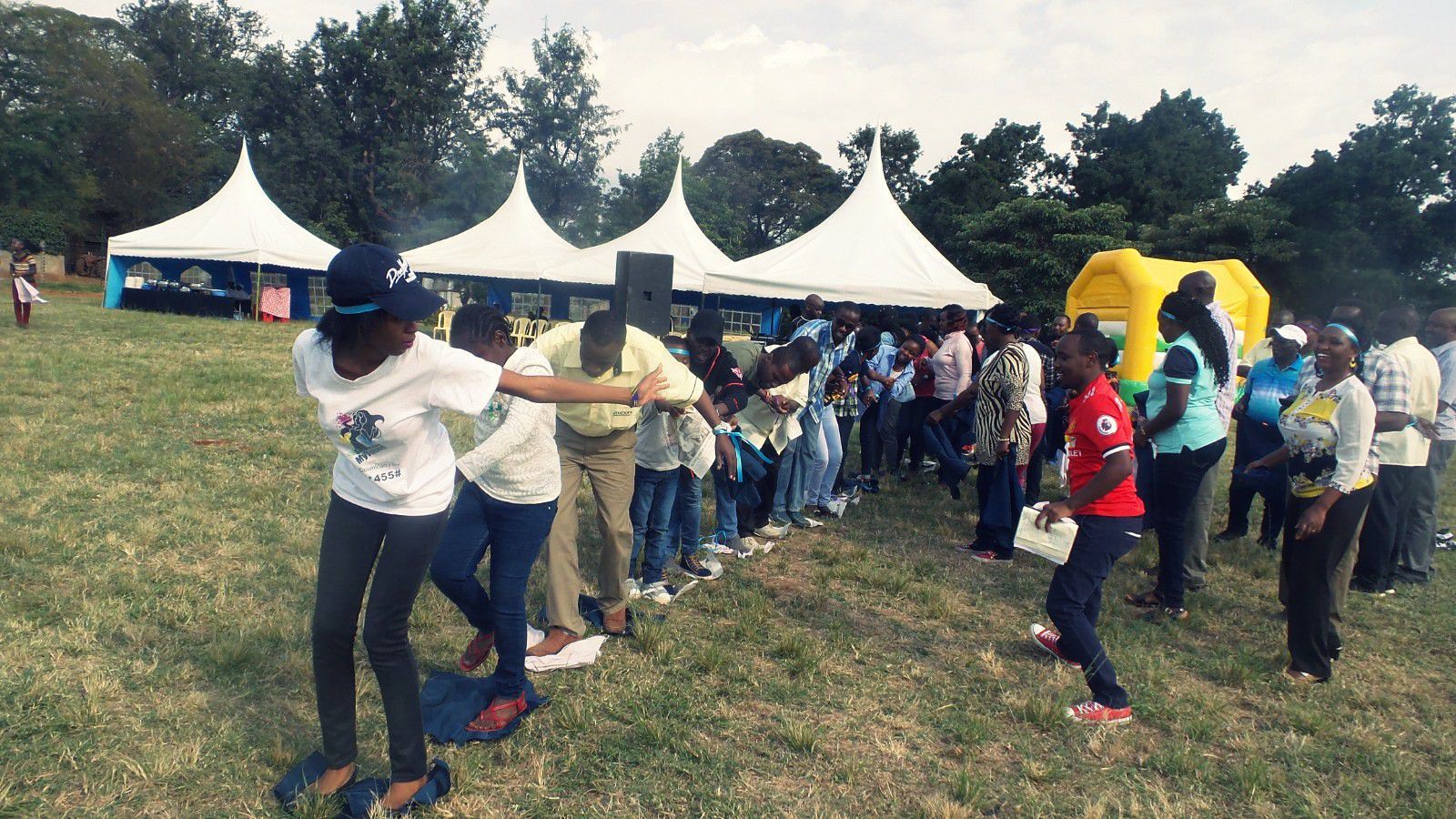Breaking Free: How Addiction Therapy Can Help You Reclaim Control of Your Life

Are you tired of feeling trapped in the cycle of addiction? Do you long for the freedom to take control of your life once again? If so, addiction therapy may be the key to breaking free from the grip of substance abuse. By seeking professional help, you can embark on a journey of healing and transformation, reclaiming your life and rediscovering your true potential.
Addiction therapy offers a comprehensive approach to recovery, addressing not only the physical dependence on drugs or alcohol, but also the underlying psychological and emotional factors that contribute to addiction. Through a combination of counseling, support groups, and personalized treatment plans, addiction therapy helps individuals understand the root causes of their addictive behaviors and equips them with the necessary tools to overcome cravings and triggers.
Breaking free from addiction is not an easy task, but with the right guidance and support, it is possible. Addiction therapy provides a safe and nurturing environment where individuals can explore their emotions, develop coping strategies, and learn healthier ways of managing stress and adversity. Whether you are struggling with drug addiction, alcoholism, or any other form of substance abuse, addiction therapy can help you reclaim control of your life and pave the way for a brighter, healthier future.
 Understanding addiction
Understanding addiction
Addiction is a complex and multifaceted disease that affects millions of people worldwide. It is characterized by a compulsive need to engage in a specific behavior, such as using drugs or alcohol, despite the negative consequences. Addiction is not a moral failing or a lack of willpower, but rather a chronic brain disorder that requires medical intervention and treatment.
Addiction can take many forms, including drug addiction, alcoholism, gambling addiction, and even addiction to technology or shopping. Regardless of the specific substance or behavior, addiction has a profound impact on all aspects of a person's life, including their physical health, mental well-being, relationships, and overall quality of life.
Types of addiction therapy
Addiction therapy offers a comprehensive approach to recovery, addressing not only the physical dependence on drugs or alcohol but also the underlying psychological and emotional factors that contribute to addiction. There are several effective modalities of addiction therapy, each tailored to meet the unique needs of individuals seeking help.
1. Cognitive Behavioral Therapy (CBT): CBT is a widely used form of addiction therapy that focuses on identifying and changing negative thought patterns and behaviors. By challenging irrational beliefs and replacing them with healthier alternatives, individuals can develop new coping strategies and break free from addictive behaviors.
2. Motivational Interviewing (MI): MI is a client-centered approach that aims to increase motivation and commitment to change. Through empathetic listening and guided conversations, addiction therapists help individuals explore their ambivalence about recovery and develop a stronger internal motivation to overcome addiction.
3. Dialectical Behavior Therapy (DBT): DBT combines elements of CBT with skills training to help individuals regulate their emotions, tolerate distress, and improve interpersonal relationships. DBT is particularly effective for individuals struggling with co-occurring mental health disorders, such as depression or borderline personality disorder.
4. Group Therapy: Group therapy provides a supportive and non-judgmental environment where individuals can connect with others who are facing similar struggles. It offers a sense of community, validation, and accountability, making it an essential component of addiction therapy.

Benefits of addiction therapy
Addiction therapy offers a multitude of benefits for individuals seeking recovery. Here are just a few:
1. Holistic approach: Addiction therapy addresses the physical, psychological, and emotional aspects of addiction, providing a comprehensive and holistic approach to recovery. By treating the underlying causes of addiction, individuals can achieve long-term healing and sustained sobriety.
2. Personalized treatment: Addiction therapy is tailored to meet the unique needs of each individual. Therapists work closely with their clients to develop personalized treatment plans that address their specific challenges and goals. This individualized approach ensures that each person receives the support and guidance they need to succeed in their recovery journey.
3. Support and accountability: Addiction therapy provides a safe and nurturing environment where individuals can explore their emotions, develop coping strategies, and learn healthier ways of managing stress and adversity. Therapists offer ongoing support and guidance, holding individuals accountable for their actions and helping them stay on track towards recovery.
4. Relapse prevention: Addiction therapy equips individuals with the necessary tools and skills to prevent relapse. By identifying triggers, developing coping mechanisms, and building a strong support system, individuals can overcome cravings and maintain their sobriety even in challenging situations.
How addiction therapy works
Addiction therapy typically begins with an initial assessment, where the addiction therapist gathers information about the individual's history, substance use patterns, and underlying issues. This assessment helps the therapist develop a treatment plan that is tailored to the individual's specific needs and goals.
Throughout the course of addiction therapy, individuals engage in regular counseling sessions, either individually or in a group setting. These sessions provide a safe and confidential space where individuals can explore their thoughts, feelings, and behaviors related to addiction. Therapists employ various techniques and interventions to help individuals gain insight into the underlying causes of their addiction and develop healthier coping mechanisms.
In addition to counseling, addiction therapy may also involve other modalities such as medication-assisted treatment, family therapy, and holistic therapies like yoga or mindfulness. These additional components of treatment complement the counseling sessions and provide a well-rounded approach to recovery.

Finding the right addiction therapist
Finding the right addiction therapist is crucial for a successful recovery journey. It is important to seek a licensed and experienced professional who specializes in addiction therapy and has a deep understanding of the complexities of addiction.
When searching for an addiction therapist, consider the following factors:
1. Credentials and experience: Look for a therapist who is licensed, certified, or accredited in addiction counseling. Additionally, consider their experience working with individuals who have similar struggles and goals.
2. Approach and treatment philosophy: Different therapists may have different approaches to addiction therapy. It is essential to find a therapist whose treatment philosophy aligns with your personal beliefs and needs. Research different modalities of addiction therapy and determine which approach resonates with you.
3. Compatibility: Building a strong therapeutic relationship is crucial for the success of addiction therapy. Look for a therapist with whom you feel comfortable and supported. Trust your instincts and don't hesitate to switch therapists if you feel that the connection is not strong enough.
When setting goals in addiction therapy, consider the following:
1. Long-term goals: Long-term goals are the overarching objectives that you want to achieve in your recovery journey. Examples of long-term goals may include achieving sustained sobriety, rebuilding relationships, pursuing education or career goals, or improving overall well-being.
2. Short-term goals: Short-term goals are the smaller, actionable steps that you can take to work towards your long-term goals. These goals are more immediate and help you stay focused and motivated. Examples of short-term goals may include attending counseling sessions regularly, joining a support group, or practicing self-care activities daily.
3. SMART goals: SMART goals are specific, measurable, achievable, relevant, and time-bound. By setting SMART goals, individuals can create clear and attainable objectives that can be tracked and celebrated along the way. For example, a SMART goal could be attending three counseling sessions per week for the next three months.
 The role of support groups in addiction therapy
The role of support groups in addiction therapy
Support groups play a vital role in addiction therapy, providing individuals with a sense of community, understanding, and accountability. Support groups bring together individuals who are facing similar challenges, allowing them to connect, share experiences, and offer support to one another.
Support groups can be found in various formats, including in-person meetings, online forums, or virtual support groups. These groups provide a safe and non-judgmental space where individuals can express their thoughts and emotions, gain insight from others, and receive encouragement and guidance.
Overcoming challenges in addiction therapy
Recovery is a journey filled with ups and downs, and it is not without its challenges. Overcoming these challenges requires resilience, determination, and a strong support system.
Some common challenges individuals may face in addiction therapy include:
1. Cravings and triggers: Cravings and triggers are a normal part of the recovery process. Addiction therapists work with individuals to develop coping mechanisms and strategies to manage cravings and avoid triggers.
2. Emotional turmoil: Recovery often brings up intense emotions that individuals may have been numbing with substances. Addiction therapists help individuals navigate these emotions, develop healthier coping mechanisms, and find ways to express and process their feelings.
3. Relapse: Relapse is a common occurrence in the recovery process. Addiction therapists provide individuals with the tools and support they need to prevent relapse and get back on track if it does occur.
Success stories from addiction therapy
Countless individuals have successfully overcome addiction through the help of addiction therapy. These success stories serve as a beacon of hope and inspiration for those who are currently struggling.
One success story is that of Emily, a young woman who battled alcohol addiction for several years. Through addiction therapy, Emily was able to uncover the underlying trauma that fueled her addiction and develop healthier coping mechanisms. Today, Emily is celebrating five years of sobriety and has rebuilt her life, pursuing her passion for art and helping others on their own recovery journeys.
Another success story is that of Mark, a middle-aged man who struggled with opioid addiction for over a decade. With the support of addiction therapy and medication-assisted treatment, Mark was able to overcome his addiction and regain control of his life. He now works as a peer counselor, helping others navigate their own paths to recovery.
Conclusion: Taking the first step towards recovery
Breaking free from addiction is not an easy task, but with the right guidance and support, it is possible. Addiction therapy provides individuals with the tools, understanding, and support they need to reclaim control of their lives and pave the way for a brighter, healthier future.
If you or someone you know is struggling with addiction, don't hesitate to reach out for help. Take that first step towards recovery and embark on a journey of healing and transformation. You deserve to live a life free from the grip of addiction, and addiction therapy can help you make that a reality.
Remember, you are not alone in this journey. With the right support and resources, you can break free from addiction and reclaim your life.



/
Leave a Reply
Your email address will not be published. Required fields are marked *



